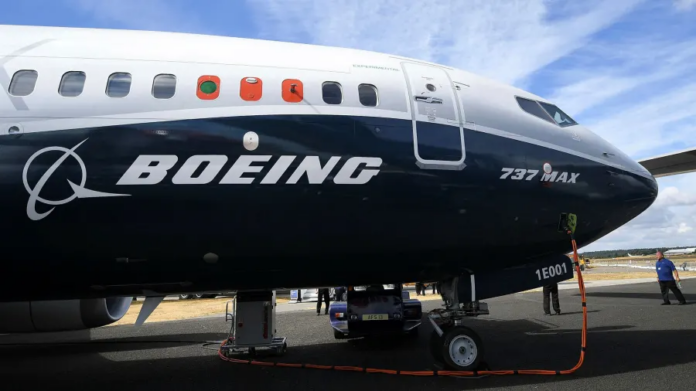By Seth Gellman
Source: Andy Rain/EPA
The United States and the European Union suspended tariffs on aircraft, wine, food, and other products as they seek a long term agreement. President Biden and EU commissioner Ursula von der Leyen agreed on March 5 to stop all tariffs for four months.
The tariffs were originally put in place over twenty years ago, coming into effect after a dispute over aircraft subsidies. The E.U. levied tariffs on around $4 billion worth of U.S. goods, while the U.S. imposed tariffs on roughly $7.5 billion worth of European goods.
This early test of Biden’s willingness to have a relationship with the European Union will be a crucial one. Trump’s more aggressive and isolationist attitude toward the bloc hurt relations, but Biden wants to rebuild it. Trump previously accused the E.U. of cheating the United States on trade and imposed higher tariffs on European metals, aircrafts. In a statement from the White House, Biden “underscored his support for the European Union and his commitment to repair and revitalize the U.S.-E.U. relationship.”
Many European leaders look forward to once again enjoying a close relationship with the United States, with French finance minister Bruno Le Maire tweeting, “Finally, we are emerging from the trade war between the United States and Europe, which created only losers.”
A joint statement from the European Union and United States revealed that both sides are seeking a comprehensive agreement on aircraft subsidies, monitoring and enforcement, and the “challenges posed by new entrants to the sector from nonmarket economies, such as China.”
Biden’s commitment to working with the European Union is a major change from Trump’s previous attitude toward the E.U. Many European ministers, such as Le Maire, believed that tariffs were strains on both economies and an agreement would be greatly beneficial to both nations. Biden looks to establish a strong relationship with the E.U. on other foreign policy and trade goals, and time will tell if more deals come in the future.

